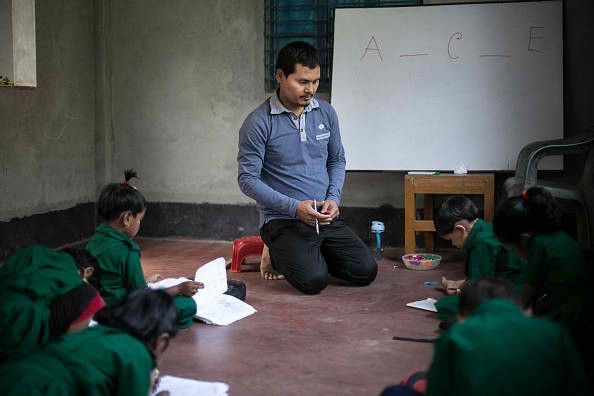The Xinjiang Uyghur Autonomous Region released new guidelines that encourage parents to call the police if they see their children subjected to extremist education or being influenced by a religious ideology.
Article 9 of the regulation also bans any form of religious activities in schools.
The rule stated, "Any group or individuals have the right to stop such behavior and report them to the public security authorities."
In China, religion and education are separate entities and educational institutions must not be used to promote a particular religious belief.
According to the state law, "no organization and personnel can use religion to interrupt the activities of State's educational system."
Article 16 of the new policy stated that the schools must teach students on logical thinking and "respects science, refuses ignorance and opposes superstition."
"It is highly important to contain religious extremism and terrorism and build a harmonious society, and the regulation will protect our minors from the harm of extremism," said Xi Wuyi, an expert on Marxism and religious studies at the Chinese Academy of Social Sciences.
This measure is echoed by Liu Jieyi, China's permanent representative to the U.N., who made an appeal to stop using schools to manipulate children toward extremist thinking.
He said, "We should increase education of children and help children from a mentality of respect, openness, and tolerance, reject violence and avoid negative influence of terrorist and extremist ideologies."
"We should give full play to the role of families, schools, and communities to form a protective umbrella against the encroachment on children by terrorist ideologies," he added.
U.N. Secretary-General Ban Ki-moon then said that "children still pay the highest price in wartime."
"Extremists are torturing, detaining and killing children, sending them on suicide missions and selling them as sex slaves," he said.



























